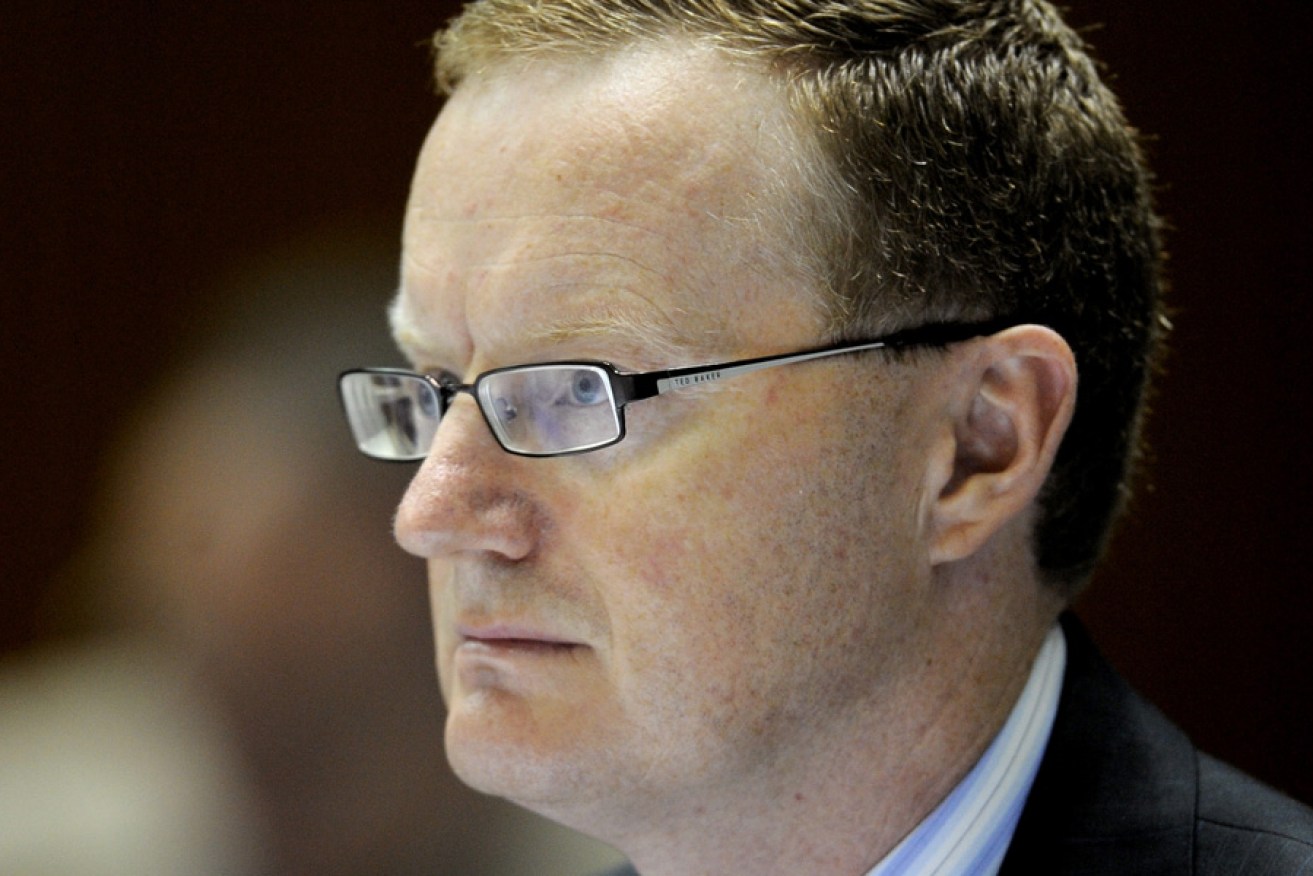The Reserve Bank is treading a fine line between stimulating the economy without causing potentially damaging imbalances, a senior central bank official says.
RBA deputy governor Philip Lowe said low interest rates were helping to wean Australia off dependence on the mining investment boom by supporting spending.
In time, consumer spending growth and a further pickup in housing construction should lead to higher business investment, he said.
“It is, however, unlikely to be in Australia’s long-term interests to engineer a consumption boom by encouraging people to borrow large amounts against future income,” Lowe said in a speech in Sydney on Monday.
“This is especially so when debt levels are already high and prospects for future income growth are not as positive as they once were.”
Lowe said this meant there was a “fine line” for the RBA to tread as it tried to foster consumer spending and business investment, but without creating the type of imbalances “that could cause problems later on”.
“We will continue to assess that balance carefully,” he said.
The focus for the RBA’s concern over imbalances has been the housing market.
Spurred on by low interest rates, housing prices in the nation’s capital cities rose 7.9 per cent over the year to April, with Sydney the Sydney market up by 14.5 per cent, according to the latest CoreLogic RP Data survey.
The sluggishness of business investment was a global problem, partly the result of low interest rates driving asset prices higher, reducing the likely return on investment.
But rates of return firms use to judge the viability of new investments are “sticky”, that is, they tend to be set at the same rate by business executives despite changes in financial conditions.
As a result, many firms are simply returning cash to investors.
There is some evidence hinting that this is the case in Australia as well.
“These firms are effectively saying to their shareholders, `here, you manage the money, as we do not have investment opportunities that satisfy our internal rate of return’,” Lowe said.
He reiterated the RBA’s long-held concern over the strong Australian dollar, partly the product of ultra-low interest rates in the world’s major economies.
“In this context, it is difficult to escape the conclusion that a further depreciation of the Australian dollar would be helpful in the transition of the Australian economy,” he said.
– AAP





